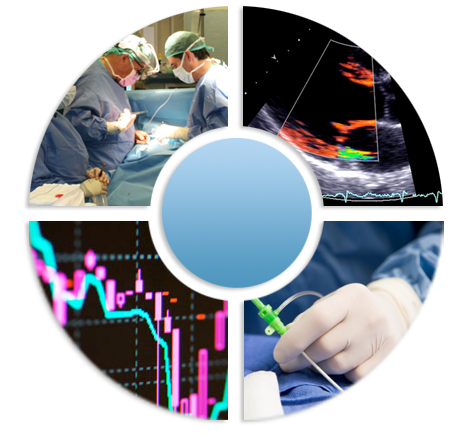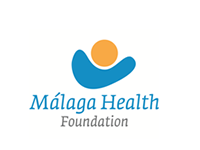
- Avenida de los Argonautas, s/n, 29630, Benalmádena, (Málaga)
- Telefonnummer:
(+34) 952 367 190
Gemeinsam sind wir stark

Das Institut für Kardiotechnik vereint das Know-how aus vier Klinikbereichen, um erstklassige kardiologische Behandlungsleistungen zu erbringen.
ICTA: als Team am Puls der Zeit.
Los más leídos
- ¿Qué esperar tras su operación de corazón? (91986 hits)
- Estoy en tratamiento para la hipertensión arterial. ¿Son fiables los aparatos que miden la presión arterial de forma automática? (63083 hits)
- Aneurismas de aorta ascendente: ¿cuándo hay que operar? (53624 hits)
- Insuficiencia aórtica severa: ¿cuándo hay que operar? (36637 hits)
- Evaluacion de los antiinflamatorios en el riesgo cardiovascular (Diclofenaco, Ibuprofeno y Naproxeno) (33526 hits)
- Me voy a operar del corazón. Preguntas frecuentes (FAQ) (33151 hits)
- ¿Qué debe saber si se va a operar del corazón? (32125 hits)
- ¿El consumo moderado de alcohol es bueno para el corazón? (31160 hits)
- Valvulopatías (enfermedad valvular cardiaca): Generalidades (30476 hits)
- El sexo y las enfermedades cardiacas: ¿es seguro el sexo en pacientes con enfermedades del corazón? (28157 hits)
- Trucos para pacientes en autocontrol de tratamiento anticoagulante con Sintron o Warfarina (24876 hits)
- Tratamiento médico de la insuficiencia aórtica (24414 hits)
Nube de etiquetas
Arrhythmien
Auf der Arrhythmien-Station der Herz-Abteilungp behandeln wir Patienten mit Herzrhythmusstörungen. Die Station setzt sich aus zwei spezifischen Bereichen zusammen.
Marfan-Station
Multidisziplinäres Team zur Diagnose, Kontrolle und Behandlung von Patienten mit Marfan-Syndrom.
Herzchirurgie
Die Behandlungstechniken moderner Herzchirurgie: Koronarchirurgie mit und ohne extrakorporalen Kreislauf, konventionelle Herzklappenchirurgie, usw.
Aortenklappen-Station
Pionierteam in der Aortenklappenrekonstruktion. Wir führen Eingriffe an Aortenwurzelaneurysmen in perfekt ausgestatteten Operationssäulen durch.
Klinische Kardiologie
Elektrokardiogramm (EKG), Ergometrie und Echokardiogramm: Praxen in Benalmádena (Krankenhaus Hospital Xanit) und in Fuengirola.
Plötzlicher-Herztod-Station
Früherkennung der Ursachen von Koronarerkrankungen, die zum plötzlichen Herztod beim Sport führen können.
Hämodynamik
Koronarangiographie, Untersuchung von Patienten mit Herzklappenerkrankung:: angeborene Herzfehler beim Erwachsenen, transseptale Katheterisierung, usw.
Kardiologische Rehabilitation
Fachservice zur vollständigen Rehabilitation von Patienten nach An gi na Pec to ris, Herzinfarkt, Operationen, usw.








